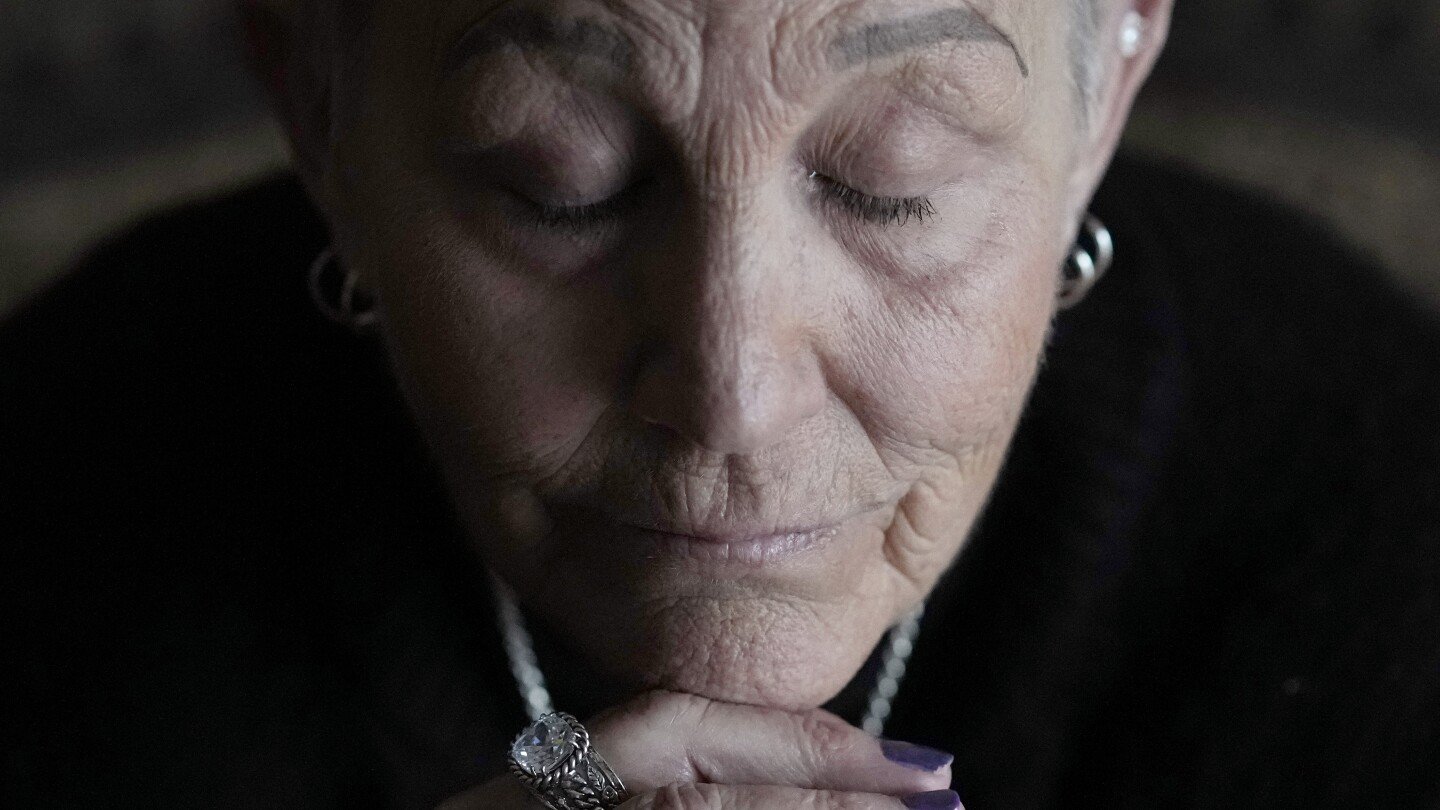On a brisk day at a restaurant outside Chicago, Deb Robertson sat with her teenage grandson to talk about her death.
She’ll probably miss his high school graduation. She declined the extended warranty on her car. Sometimes she wonders who will be at her funeral.
Those things don’t frighten her much. The 65-year-old didn’t cry when she learned two months ago that the cancerous tumors in her liver were spreading, portending a tormented death.
But later, she received a call. A bill moving through the Illinois Legislature to allow certain terminally ill patients to end their own lives with a doctor’s help had made progress.
Then she cried.
“Medical-aid in dying is not me choosing to die,” she says she told her 17-year-old grandson. “I am going to die. But it is my way of having a little bit more control over what it looks like in the end.”
That same conversation is happening beside hospital beds and around dinner tables across the country, as Americans who are nearing life’s end negotiate the terms with themselves, their families and, now, state lawmakers.



Looking at likes to dislikes ratio I am in relative minority, but I think all efforts should be spent on increasing lifespan instead of shortening it.
And this is before considering psycological impact killing patients makes on doctors.
Why do you feel people should have their suffering prolonged?
“Everyone who got papercut should be killed because sepsis is suffering” - someone pro-euthanasia. Maybe few centuries ago.
Who the heck is saying that people should be killed? It’s about providing the option, not forcing it.